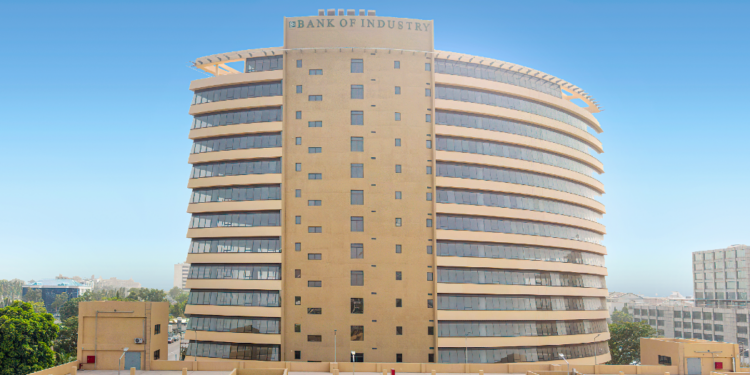The Bank of Industry (BOI) has announced the disbursement of N22.89 billion to 29 manufacturers, as the Nigerian manufacturing sector continues to grapple with low sales and surging production costs.
BOI Managing Director, Dr. Olasupo Olusi, disclosed this on Monday during the bank’s inaugural interactive session with the Organised Private Sector in Abuja.
Dr. Olusi revealed that the disbursement is part of a N75 billion manufacturing sector intervention fund, with an additional 20 projects valued at N6.3 billion currently at various stages of funding.
The interactive session aimed to foster dialogue and strategies to boost industrial development and support Small and Medium Enterprises (SMEs). Dr. Olusi emphasized the importance of collaboration between SMEs and the government to achieve sustainable growth and address systemic challenges.
“Recently, we signed a Memorandum of Understanding (MOU) with your esteemed associations. This agreement underscores a simple truth—we cannot transform Nigeria’s industrial landscape alone. The journey to sustainable economic growth must be fueled by collaboration, innovation, and a shared resolve to address systemic challenges,” he stated.
Dr. Olusi outlined the BOI’s commitment to providing not just financing but also an enabling environment for businesses to thrive. This includes addressing infrastructure deficits, regulatory hurdles, and market access challenges.
He added, “On collaborative innovation, we must work together to introduce technology, sustainability, and skills development as core pillars of SME growth. We are deeply concerned about your challenges and are dedicated to aligning our programmes with your needs.”
The Nigerian manufacturing sector has been significantly affected by economic instability. According to the Manufacturing Association of Nigeria (MAN), unsold inventory of finished goods increased from N350 billion in 2023 to N1.24 trillion in the first half of 2024.
The sector’s contribution to the Gross Domestic Product (GDP) also dropped from 16.04% in Q4 2023 to 12.68% in Q2 2024, according to the National Bureau of Statistics (NBS). MAN attributes these struggles to exchange rate volatility, inflation, and rising energy costs, which forced 767 manufacturing companies to shut down operations in 2023.
In response to these challenges, the federal government recently established an industrial revolution work group to revitalize the manufacturing sector.
The African Development Bank estimates that Nigerian SMEs face a funding gap of $160 billion. Industry leaders are calling for innovative partnerships to bridge this gap and stimulate economic growth.
The BOI’s latest initiative is a step in this direction, reflecting its commitment to addressing the pressing needs of manufacturers and SMEs amidst the country’s challenging economic landscape.



